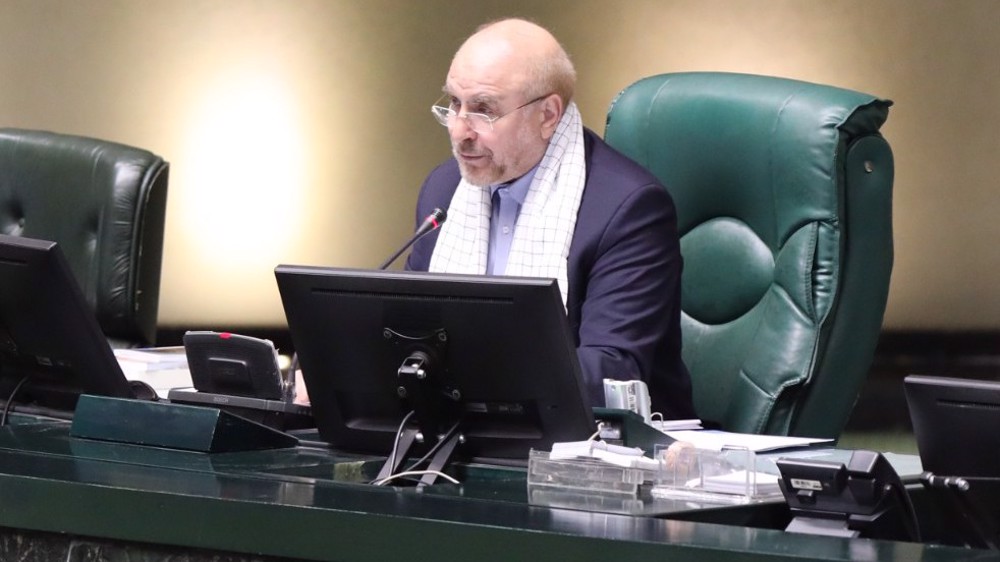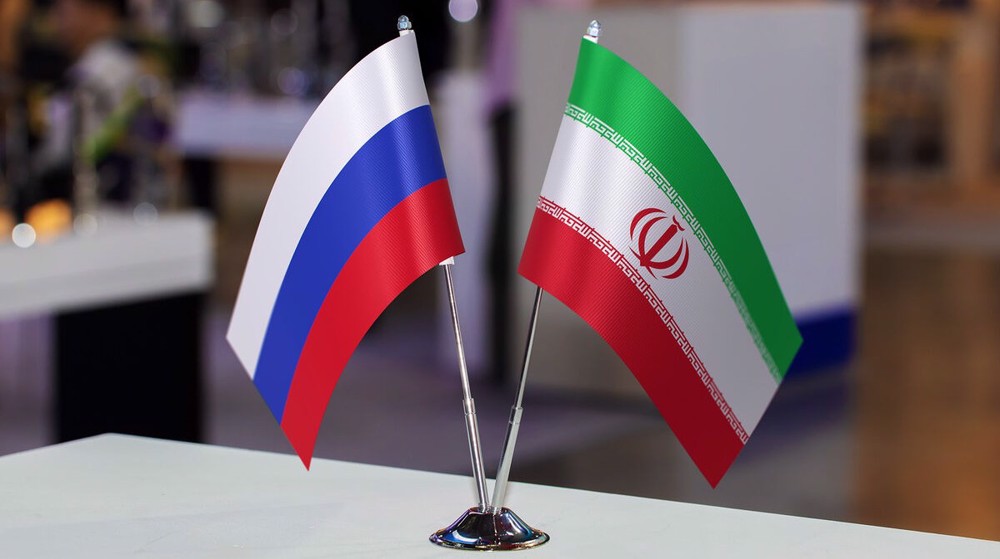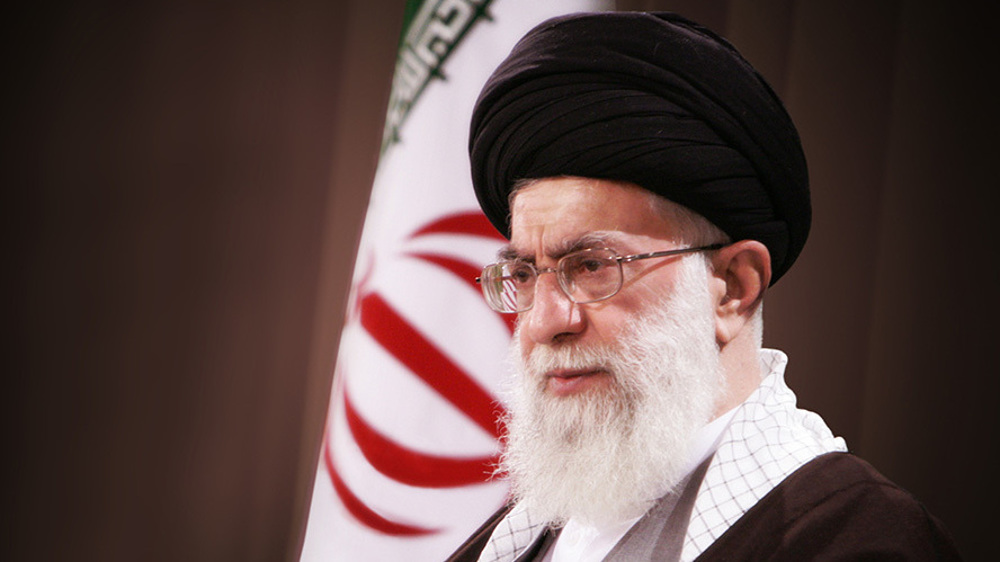US attempting to lobby UN against Iran's missile work: UN envoy
Iran's envoy to the UN has denounced US attempts to portray Tehran's conventional missile program as a breach of Security Council Resolution 2231 that endorsed a 2015 nuclear deal, saying Washington must first explain why it has, itself, violated that international document by abandoning the landmark agreement.
Majid Takht-e Ravanchi said Thursday that American officials are after creating a negative atmosphere against Iran's missile work at the world body, reaffirming that Iran's missile activities are not inconsistent with Resolution 2231 contrary to what the US claims.
He added that a US State Department official has met with members of the UN Security Council and the world body's Secretariat about Iran's missile activities with the intention of promoting Washington's false allegations against Tehran
"Our stance is clear; [the issue] of our missiles does not fall at all within the framework of Resolution 2231," Takht-e Ravanchi stressed.
He did not name the American official, but he was apparently referring to US Special Representative for Iran Brian Hook, whom the State Department had said would be in New York on April 30 and May 1 to “underscore the importance of holding Iran accountable for its defiance of UN Security Council resolutions on the development and testing of ballistic missiles.”
Resolution 2231 was unanimously approved by the UN Security Council — including the US itself — in 2015 and endorsed the multilateral Iran nuclear deal, officially called the Joint Comprehensive Plan of Action (JCPOA).
Despite Iran's full compliance, the US withdrew from that accord last year and re-imposed the anti-Iran sanctions that had been lifted in defiance of international criticism.
The resolution terminated the provisions of previous UN resolutions against Iran, some of which had imposed restrictions on Iranian missile activities. It “calls on” Iran “not to undertake any activity related to ballistic missiles designed to be capable of delivering nuclear weapons, including launches using such ballistic missile technology.”
Iran's UN ambassador one again reminded the US that, "Resolution 2231 — in which the US and other signatories to the JCPOA played a role — clearly bans 'missiles designed to be capable of delivering nuclear weapons.' In the first place, our missiles have not been designed to that end."
"We have clearly and repeatedly announced that our nuclear activities are peaceful" as confirmed by the International Atomic Energy Agency (IAEA) in 14 reports, he added. "The issue that the US is bringing up will not at all be listened to."
The Americans, the official added, should first explain why they have violated Resolution 2231 by abandoning the Iran deal, but the US State Department's statement makes no mention of that.
Majid Takht-e Ravanchi said Iran's missile work "is a national defense issue and is thus not up for negotiations at all."
On Wednesday, Iran's mission to the UN also reacted to Hook's meetings at the world body, saying that Washington is abusing the Security Council by trying to spread fake allegations aimed at advancing its own malicious policies against Iran.
"The US, in clear and flagrant violation of resolution 2231, has withdrawn from the JCOPA. The worse is that the US, as a permanent seat holder in the Security Council, is brazenly threatening other UN member, either to VIOLATE that resolution of to face PUNISHMENT. This is truly a destructive and hypocritical policy," the mission said in a statement.
The statement was referring to Washington's campaign of threats against the companies that refuse to abide by anti-Iran sanctions.
Last week, the US moved to reduce Iran’s oil exports to "zero," threatening buyers of Iranian oil to stop purchases by May 1 or face sanctions.
Iran activated new centrifuges in response to IAEA resolution: Parl. speaker
Nov. 23: ‘Axis of Resistance’ operations against Israeli occupation
Lindsey Graham threatens to sanction US allies backing ICC arrest warrants
VIDEO | Tens of thousands of Catalans protest to demand access to better housing
Israel launches air strikes on Syria-Lebanon border crossing
Russia: Comprehensive deal with Iran will include defense, security ties
VIDEO | Israeli embassy shooting in Jordan leaves gunman dead, 3 police injured
VIDEO | Paris march in support of Palestine women












 This makes it easy to access the Press TV website
This makes it easy to access the Press TV website